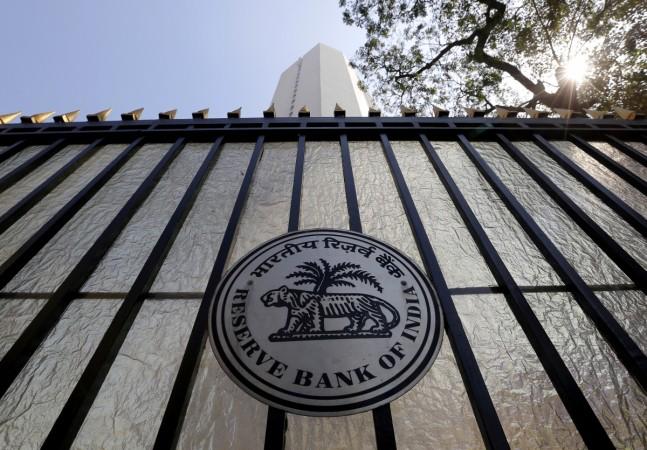
Speculation of an interest rate cut are rife in the market ahead of the Reserve Bank of India (RBI) expected to announce reductions in the repo and statutory liquidity ratio (SLR) rates at its bi-monthly policy review on August 2.
A private bank official confirmed on Thursday that some banks are likely to announce lower interest rates on home loans as early as next week. He did not confirm a range for the proposed rate cuts. Fixed deposits, which include the special rates of interest on senior citizen deposits, are likely to scale down by around 15-30 basis points on an average, following record low inflation rates in June likely to force the RBI's hand.
One basis point is one-hundredth of a percentage. Repo rate is the rate at which RBI lends to its banks generally against pledged government securities. SLR is the reserve requirement in the form of government securities or other collateral which banks need to maintain with the RBI before extending credit to customers.
Banking sources told International Business Times that private bankers are working on their larger loan accounts, especially those with floating rates of interest, to determine the extent of provisioning which would be necessitated by hits to their bottomlines on account of possible losses from a reduction on home loan interest rates. "We don't have an update on the percentage (of interest rate reduction). But it will come with an immediate effect," a bank official said.
"Inflation is at a record low and the FMCG sector still holds huge scope to push higher consumer spending. The automotive sector is expected to surge on new high thanks to the GST sparing small cars from price increases. FMCG shares have done well on the stock market lately, and the RBI is likely to push further market growth in these sectors through a rate cut," a senior official with a private bank said.
India's consumer price index (CPI) abided at 1.54 percent in the year to June 2017, down from an annual 2.2 percent a month earlier, and below forecasts for a 1.6 percent reading. The index was also below RBI's medium term target of 4 percent and through the bottom of its 2 percent projection for the first half of the year.
Bank credit to industry contracted in the year to May 2017, while deposits surged following the ban of high-denomination notes in November, leaving the banking system grappling with surplus cash.
While private banks have been expecting the RBI to take advantage of the decline in nominal inflation rate to activate an interest rates cut on the back of inflation dipping to a record low of 1.54 per cent in June, the banking regulator is understood to be worried that the economy is still struggling with low spending, jobless growth, misdirected government reforms, a festering bad loan crisis and a widening output gap.
"Actual growth is lagging due to demonetisation and high real interest rates," Abhishek Gupta, economist at Bloomberg Intelligence, said in a recent report. "The upshot—a widening output gap that is pulling down inflation. The RBI needs to cut rates to let growth catch up to the economy's potential."

















